India is experiencing significant delays in shipments of Japanese steel. Steel exports from Japan to India are being held up at Indian ports due to the lack of the required No Objection Certificate (NOC). These delays are reportedly linked to the suspension of Quality Control Committee meetings from September 2024. As a result, Japanese companies are incurring high detention fees while their shipments are stranded at ports, disrupting trade.
Importers in India are making similar complaints, reporting that their steel containers have been waiting at ports for nearly two months. These delays have led to increasing pressure from large Indian steel producers to impose restrictions on steel imports because cheaper imports are negatively impacting their profitability. However, micro, small and medium-sized enterprises (MSMEs) have opposed these restrictions, arguing that domestic steel prices are high and they need cheaper imports to gain a competitive advantage.
In September 2024, India's total imports reached USD 60 billion, the highest in a year. Traders are demanding consistent and predictable policies, noting rising detention costs. Delays at ports cause serious financial losses, especially for smaller players, as these businesses struggle to cover transportation and storage costs.
India's trade data for FY2024 reveals a widening trade deficit in core steel products, but a trade surplus in finished steel products. Despite the decline in core steel exports, demand for products such as flat-rolled and special steels, especially those used in sectors such as defense and aerospace, has boosted imports. These developments highlight India's dependence on foreign steel to meet its advanced industrial needs.


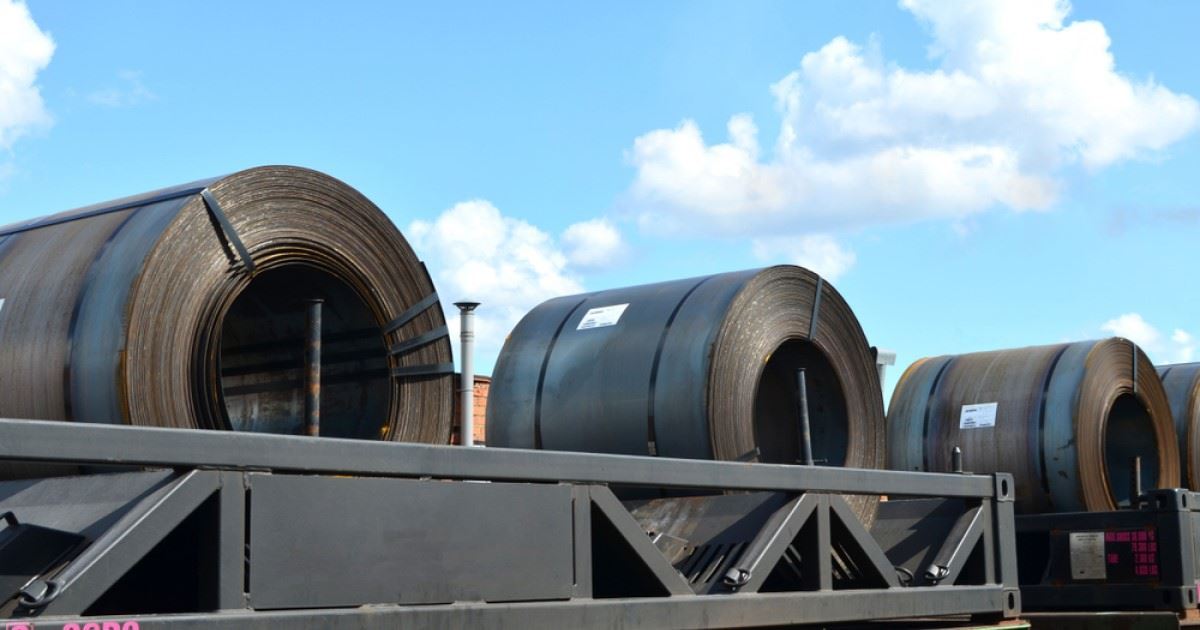

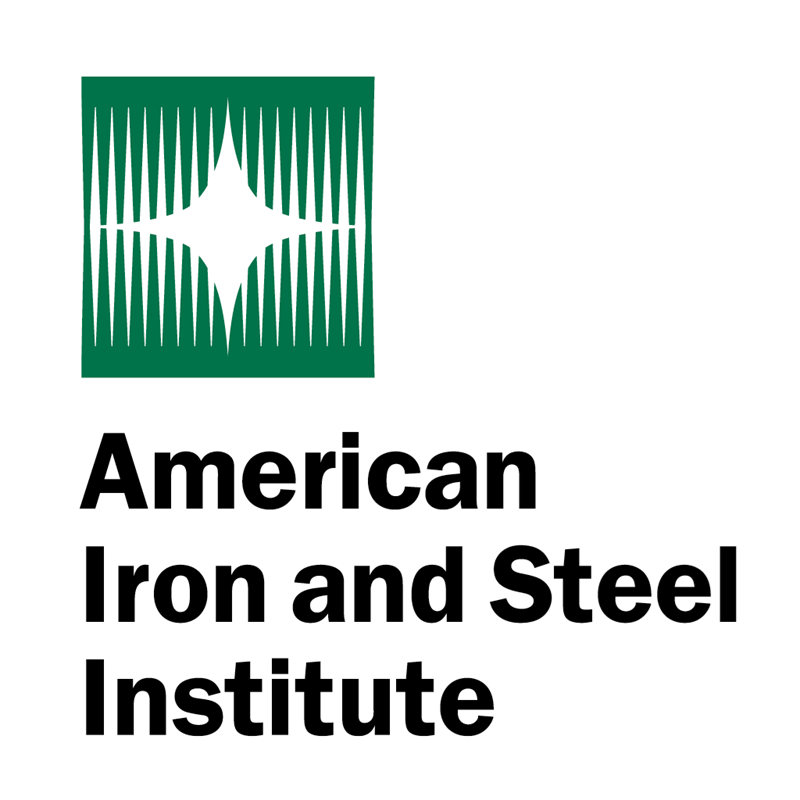
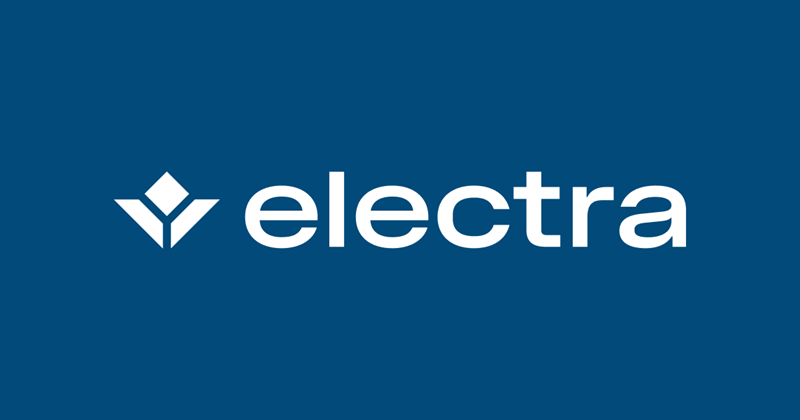
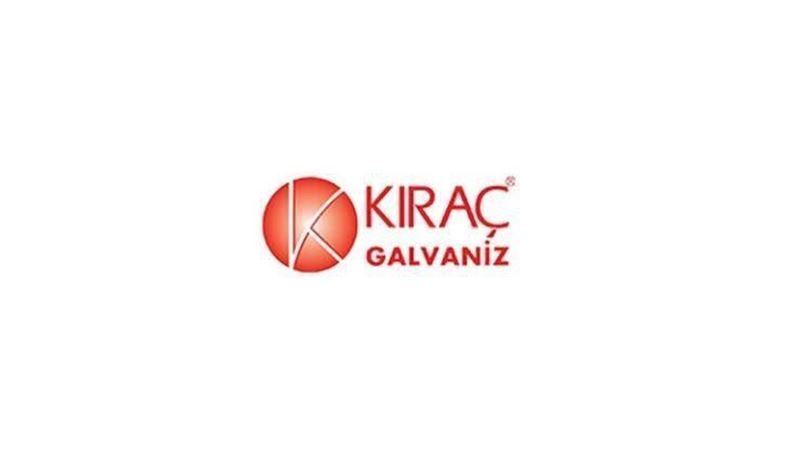
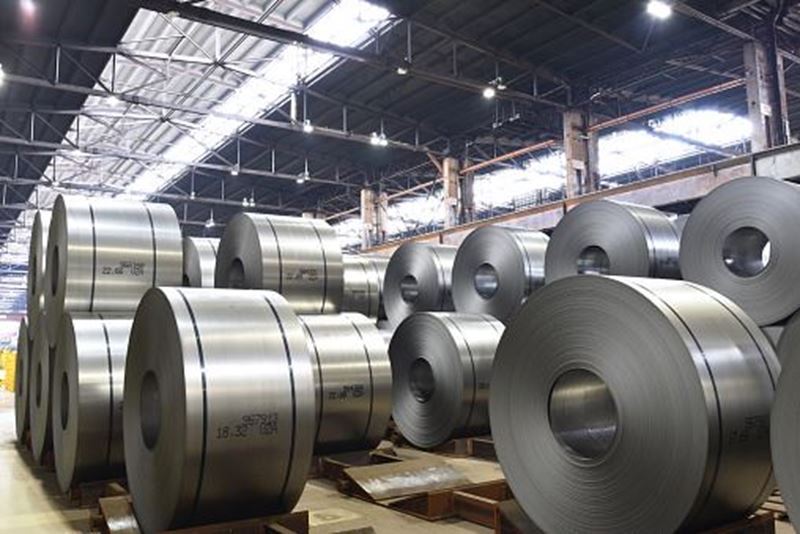



Comments
No comment yet.